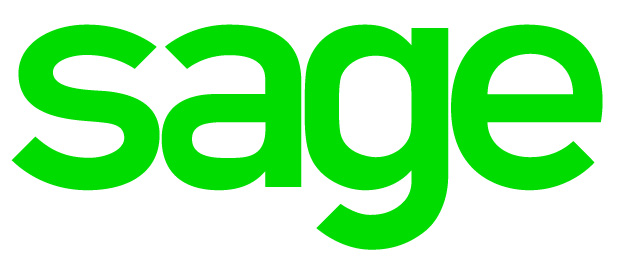Timing is everything
We are fast approaching the end of the 2017-18 tax year. In fact, the 31 March (or 5 April) is probably the most common trading year end date for sole traders, partnerships and limited companies. And individuals have no choice, the self-assessment tax year ends on 5 April.
This being so, it is worth considering how business owners, particularly self-employed traders, time significant investment decisions to maximise any tax relief available.
Consider James, a self-employed plumber. He has had a rough year. Due to family obligations he is unlikely to make more than £17,000 profit in the tax year 2017-18. However, he has secured work for 2018-19 that will create profits of at least £60,000.
Whilst this is good news James will need to replace his van to cope with the extra work. He finds a suitable vehicle for £18,000 and buys it during the last month of the 2017-18 tax year. He knows he can write off the full cost of the van against his profits of £17,000 and is feeling very pleased with himself, no tax to pay.
James makes an appointment with his accountant to deliver his books for 2017-18 during June 2018.
During the visit, his accountant points out that there is no need to claim all the van purchase against his profits for 2017-18 as he can earn up £11,500 tax free. Accordingly, his taxable profit of £5,500 (£17,000 – £11,500) is covered by £5,500 of the van purchase and the balance of £12,500 can be carried forward to claim against future years’ profits.
James is happy with this outcome, still no tax to pay for 2017-18 and he has £12,500 to write off against future profits. His accountant is not so sure…
James is dismayed as his advisor points out that if he had bought the van after 5 April 2018, just one month later, the full cost of the van could have been written off against his profits for 2018-19 and this would have eliminated all his exposure to higher rate income tax saving him more than £7,000 in higher rate income tax and Class 4 NIC.
There would have been approximately £2,000 of tax and NIC to pay for 2017-18, but overall a saving of £5,000 has been compromised.
It is true that James will still be able to claim the remaining £12,500 tax relief from the purchase of his van, but this will be restricted to just under 20% a year. Accordingly, it will take much longer to claim back the tax relief available and possibly at lower rates of income tax.
Timing really is everything and we would recommend that any self-employed trader that is thinking of spending a significant amount on commercial vehicles, plant, equipment or computer equipment before the 6 April 2018, take advice now on best way to structure the payments to gain the maximum tax relief.
Latest News
- New employment protections - April 18, 2024
- Opening up small company reporting - April 16, 2024
- Boost for small businesses - April 12, 2024
- A new acronym - April 9, 2024
- Tax Diary April/May 2024 - April 5, 2024
- Still time to register for the Marriage Allowance - April 5, 2024
- Check your National Insurance record - April 5, 2024
- HMRC helpline changes on hold - April 5, 2024






